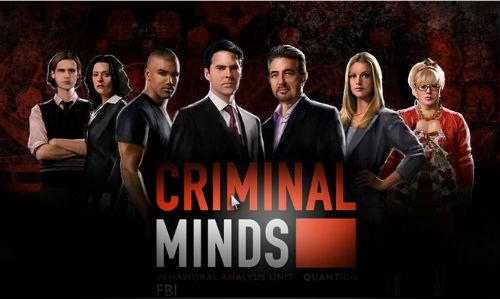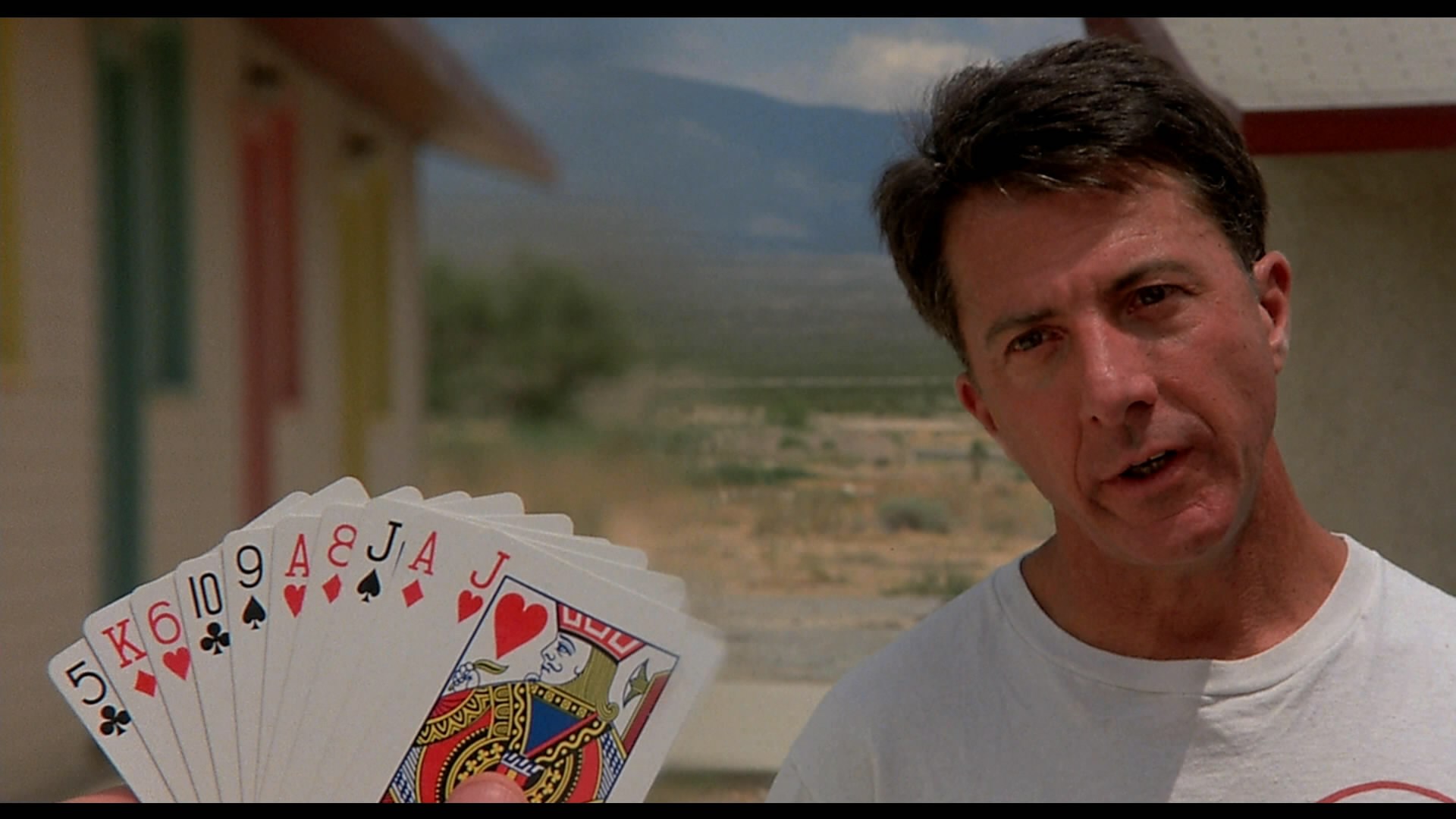Focus weapon effect: perception is selected according to need, by paying attention to the most visible or prominent aspects of the scene, while neglecting other aspects, such as in the case of armed bank robbery, the victim may be able to provide information about the attacker's weapon, but can only describe very little information about the attacker's appearance, a tendency known as the focus weapon effect.
In 1889, H. Gross, an Austrian prosecutor and criminologist, published a book
Several common criminal psychological effects: window breaking effect, responsibility dispersion effect, Parkinson's law, acquired helplessness effect, witness memory, Stockholm syndrome, focus weapon effect. The main reasons of criminal minds are anti-social consciousness, strong, distorted need, criminal motivation, bad interest, immature or distorted self-consciousness, distorted moral consciousness and wrong legal consciousness.
Criminal minds is an act that people still carry out knowing that this behavior is illegal and unreasonable.As early as 1792, the German Shauman wrote a book called the Theory of Criminal minds. Up to thousands of years ago, to today's modern society, criminal behavior has emerged one after another. In the vast majority of criminal acts, there is bound to be an illegal motive. Criminal minds is to study the psychological activities of criminals when they carry out illegal acts, as well as the psychological status of the posterity of behavior, in order to cooperate with the public security organs in arresting.

Broken window effect: there is a phenomenon in psychological research called "broken window effect", that is, if a house has a broken window, no one will repair it, and soon, other windows will be broken by the police for no reason, it is found that people will not commit crimes in clean places, so the police generally catch criminals in irregular places.
A few days ago, he came into contact with an American drama called Criminal minds. Criminal minds is a psychological suspense thriller produced by CBS and directed by Felix Henriquez Akala and Glenkshaw. The show tells the story of the most intractable cases in the Behavioral Analysis Section of the FBI headquarters, analyzing the minds and characteristics of the killer, and predicting their next step before they commit violence again to help local police catch the killer. Unlike other stylized crime dramas that focus on crime, Criminal minds focuses on criminals. In terms of life experience and psychological state.

(picture source:搜狗图片)
As an independent subject, criminal minds has only a hundred years of history, but the discussion of criminal minds has been carried out for a long time. In ancient Chinese history books, criminal psychological problems have been discussed for a long time. In the 11 th century BC, Zhou Gongdan put forward his own views on the psychological causes and motive of crime. During the Spring and Autumn period and the warring States period, the debate about the good and evil of human nature was in fact a discussion of the causes of criminal minds.

The study of criminal minds is of great help to social security and reduce the crime rate. Some classic criminal minds films, such as Rain Man, Silent Lamb, Piano teacher, and so on, can help us to understand criminal minds more deeply.
Decentralized effect: on different occasions, people's aid behavior is indeed different. When a person is in an emergency situation, if he is the only one who can help, he will be soberly aware of his responsibility and help the victims. If he fails to save his death, he will feel guilty, which will cost a high psychological price. If there are many people present, the responsibility of helping the suitors will be shared by everyone, resulting in scattered responsibilities, little burden shared by each person, and bystanders may not even be aware of their own responsibilities, thus creating a minds of "I will not save, but others will save." Create a situation of collective indifference.
Criminal minds is mainly about Special Agent Aaron Hotchner, who is the head of the team, a good man at home, who can always gain the trust of people and get them to confess secrets from the bottom of their hearts. Other experts include: Jason Gideon, who is FBI's top behavioral analyst. Special Agent Spencer Reid, a typical misunderstood genius, has low social skills, just as he has a high IQ. Special Agent Derek Morgan, an expert in mandatory crime; Agent Elle Greenawa. Y, she devoted herself to this research and investigation because of her experience of being sexually assaulted. Each team member brings together the results of his or her field of responsibility, brainstorming, and accurately analyzes the motivation and emotional trigger of the criminal in order to prevent them from committing another murder in a timely manner.





